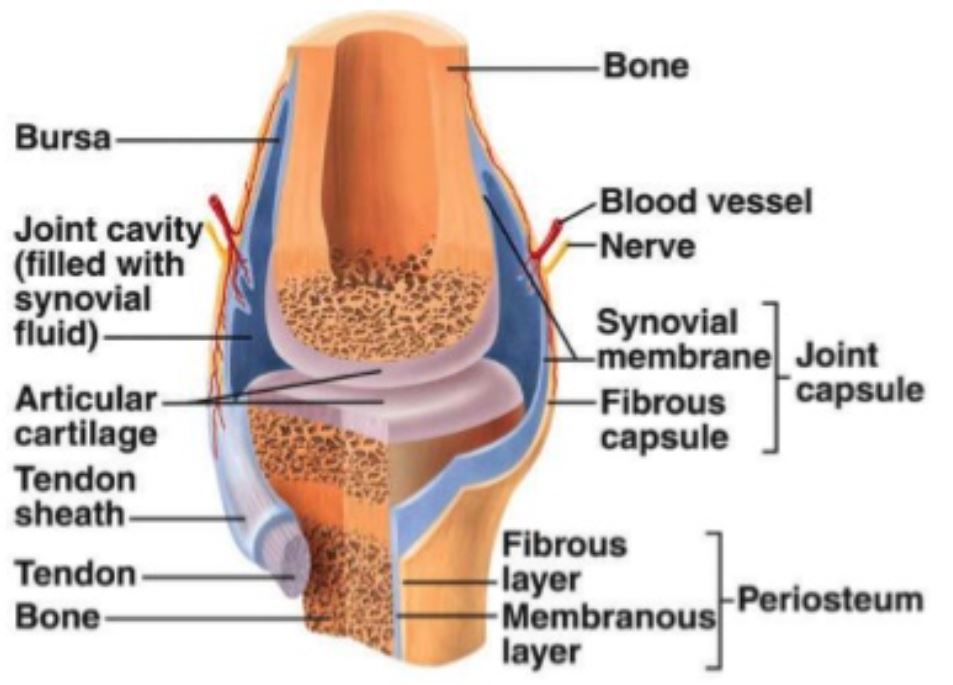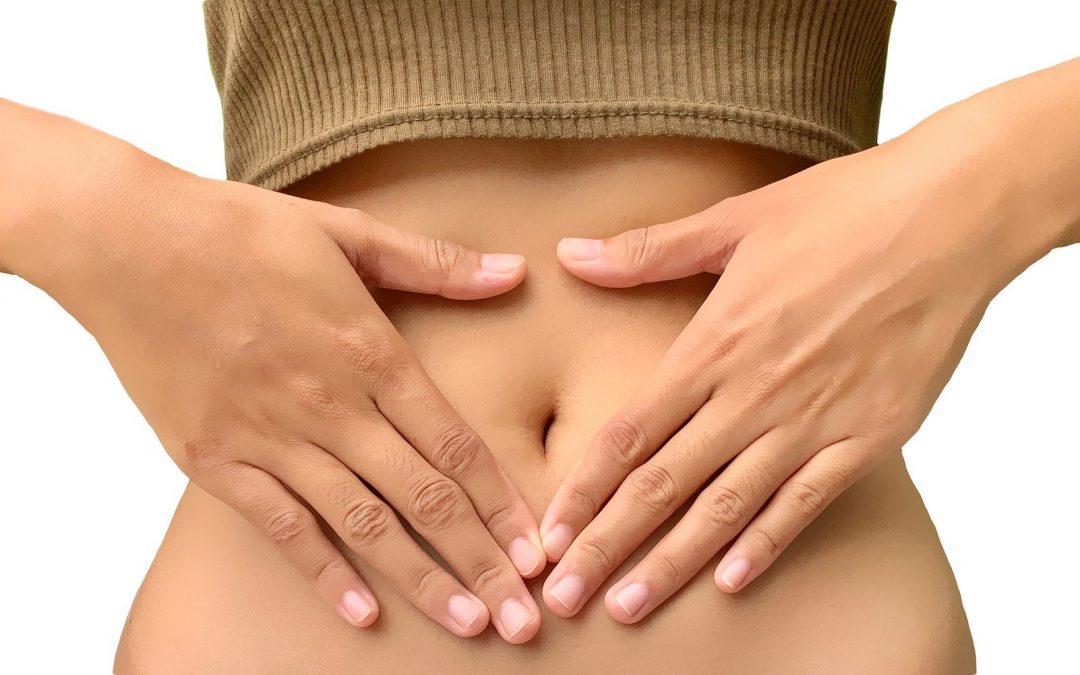In this segment of the newsletter we will explain the connection between lipopolysaccharides (LPS), the immune system and the resulting inflammation that damages the cartilage of the joints leading to osteoarthritis. This can result in the need for many medications and ultimately joint replacement surgery.
Again, many of the researchers are finding this may be a major factor that leads to osteoarthritis, degenerative joint disease or commonly known as “old-age” arthritis. We will also explore ways to prevent this process and if you already are experiencing joint pain, what can be done to help alleviate the pain and underlying inflammation.
“Bad Bacteria” > Leaky Gut > Joint Degeneration / Pain = ARTHRITIS!
In part 1 of this article, the first step to starting the process of chronic low-level inflammation of the joints begins in the gut. The overgrowth or overabundance of gram-negative bacteria are required as they contain LPS. Here are some of the things leading to increased bacterial overgrowth:
- Chronic or acute stress
- Medications such as proton-pump inhibitors and other stomach acid reducing medications
- Excessive use of antibiotics or NSAIDS (ibuprofen)
- Narcotics – decrease motility of digestive tract
- Hypothyroidism – may slow the activity of the intestines
- Diabetes – may disrupt normal neural control of digestive tract
- Depressed immunity and decreased production of the protective antibody called secretory IgA
- Other “stealth infections” such as Candida, Epstein-Bar, Lyme’s disease
- Abdominal scar tissue or adhesions from surgeries or injuries
- Excessive estrogens – they inhibit the excretion of bile salts from the liver/gallbladder which are naturally antimicrobial
- Decreased pancreatic enzymes
- A poor diet, rich in fats, simple carbohydrates (sugars) and low in plant-based fibers
- Lupus, scleroderma, celiac or Crohn’s disease
The second step is to prevent a leaky gut from occurring. Making sure that you have good strong tight junctions, and a healthy lining of your gut is essential. This will prevent or minimize the transport of LPS across your intestinal tract lining into the interior of the intestines where the LPS meets the blood stream, lymphatic system, and your intestinal immune system. The LPS are then transported mostly in the blood and lymphatic system by fatty molecules called chylomicrons. Many of the LPS are then bound up by a protein produced by the liver called lipopolysaccharide binding protein (LBP).
Many of the LPS that are attached to the LBP are rounded up and broken down in the liver and are no longer transported through the blood stream. Many of these LPS molecules are also neutralized by your “good” cholesterol called HDL (High Density Lipoprotein). So, it is essential that you keep your liver healthy!
The third step, is where the LBP/LPS complex meets some of your immune cells such as monocytes and lymphocytes that are found in the blood and particularly in the vascular area of your joints (synovial membrane) and below the articular cartilage areas (subchondral).

Once this LBP/LPS complex meets the immune cells and even the chondrocytes (which produce and maintain cartilage) results in a series of chemical changes which causes a release of pro-inflammatory (mostly cytokines) compounds. These various compounds then result in the breakdown of the surrounding cartilage.
This process is usually a slow and low-grade inflammatory process that often goes undetected for years. Eventually, you will notice stiffness, restricted motion, and pain as the process of inflammation causes more damage to the lining of your joints known as cartilage. Interestingly, LPS contributes to obesity and diabetes which both help accelerate this process of joint damage. At some point the damage can result in the need for a joint replacement.
Some things you can do to prevent or reverse this condition:
- Change your diet – avoid refined carbohydrates and sugar as these often encourage the growth of these bacteria. An anti-inflammatory diet is highly recommended.
- You may need to add several anti-inflammatory herbs and other phytonutrients to your diet such as, basil, berberine, Boswellia, curcumin, ginger, cinnamon, quercetin, green tea extracts, milk thistle, resveratrol, xanthohumol, olive oil, berries and others.
- Get a good fish oil to improve your omega 3 levels.
- Take proteolytic enzymes and betaine hydrochloride to help with digestion
- Systemic enzymes to reduce joint inflammation
- Substances such as, bone broth, collagen peptides, methyl sulfonyl methane (MSM), glucosamine sulfate, chondroitin sulfate, Sam E, NAC, and L-cysteine, all assist in cartilage repair.
- Stress reduction techniques
- Mild/moderate exercise
- Improve any problems regarding a very important biochemical process in the body referred to as methylation. More on this in future blogs/newsletter.
- Zinc, manganese, selenium and vitamins B, C, D and E.
In Summary:
- You need to balance your gut microbiome
- Heal the lining of your gut
- Balance your digestion
- Improve your liver function and detoxification
- Balance the immune system
- Reduce joint inflammation
- Help in restoration of the joint function and damage.
Please let us know if we can be of help in getting you healthy by calling our office at: (480) 732-0911 and set up an appointment to be evaluated and tested.
In our next newsletter we will explore a little more about LPS and their effects on the human body. More about reducing LPS and other things you may be able to do to reduce the effects of LPS. You may be also surprised by other sources of LPS.

